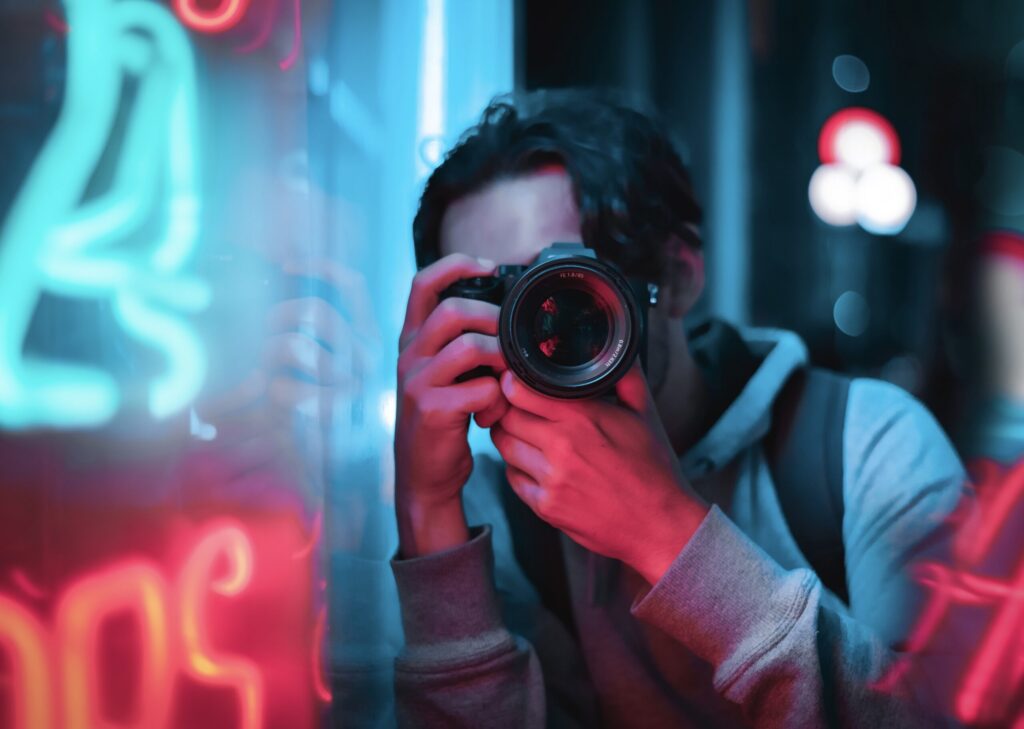Written by Riley Maverick for martinvorel.com
Taking photos is a great way to capture memories and important events in your life.
With the rise of social media and widespread smartphone use especially, people are engaging more and more in photography as a hobby and pastime. According to data from Photutorial, approximately 1.72 trillion photos are taken worldwide annually, and by 2030, the number is expected to reach around 2.3 trillion. With so many photos being taken and posted daily, photography can feel like a saturated hobby for both beginners and long-timers.
In today’s post, we’ll explore four tips to help spark any photographer’s creativity:
Just photograph anything
Pressuring yourself only to take the perfect photos of the perfect subjects can hinder you more than you think. In The War of Art by Steven Pressfield, the author notes how “resistance” — dream-block barriers and naysayers within us — is an internal enemy that we must face and conquer. Trusting your instincts and pushing yourself to focus on just taking pictures of anything can help you get started rather than end up procrastinating. The creative process may come naturally to some but can challenge others. Working past your obstacles and getting rid of the fear of getting started can help you unlock your creativity instead of holding yourself back. Don’t worry about waiting for the perfect photographic moment to capture. Instead, work on learning to let loose and capturing whatever opportunity comes your way. After all, there’s beauty in the imperfect and spontaneous.
Draw inspiration from other photographers
The history of photography goes way back to centuries ago. So like most art forms, it can be difficult to be original and come up with new, creative ways of approaching photography. According to Steal Like an Artist by Austin Kleon, however, learning to “steal” creatively can open you up to a world of inspiration and opportunity. Ten years after its release, Kleon’s sophomore book is a great reminder that there’s no harm in drawing inspiration from others to create something entirely original to you. Learning different photography techniques from photography masters helps you discover your preferences as a photographer and learn tricks and settings you may not be familiar with. Over time, this will help you develop your own unique photographic approach.
Don’t worry about the equipment
As much as an artist’s tools play a role in developing their artistry, the lack of “proper” equipment shouldn’t stop you from getting started and working on getting better. In our past post titled ‘How to Capture Authentic Moments in Photography’, we emphasize how much you can achieve with a decent DSLR and a prime lens. Rather than focusing on spending money on additional equipment such as artificial lighting and an arsenal of lenses, for example, sometimes just knowing the right ISO settings can go a long way. Some of the best photos are taken candid — no posing, no props — with just minimal equipment and zero interference. With smartphone camera technology getting gradually better these days, focusing on “minimal equipment” should be a great way to get inspired, even if you don’t have a fully packed photographer’s bag.
Join photography communities
Finally, joining local or online photography communities can be the perfect source of inspiration and creativity for any photographer. This works whether you’re a beginner or an advanced photographer. Surrounding yourself with fellow photographers at different skill and experience levels and being open to learning can teach you a new trick or two or remind you of forgotten techniques. Joining niche communities can also expose you to contests and competitions. Doing so will expose you and your work to a wider audience and, subsequently, good motivation and feedback. Most photography contests also come with interesting prompts that can push you creatively. When you have a community behind your work, you’re more likely to feel encouraged and compelled.
